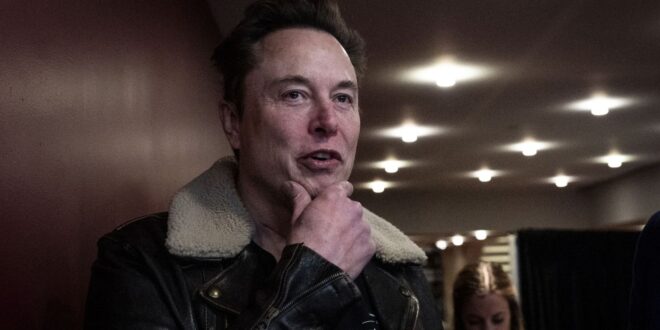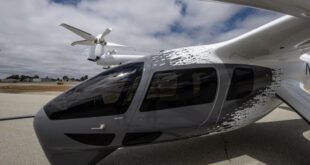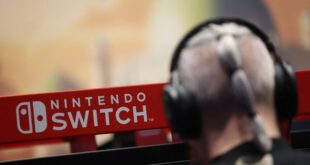SAN FRANCISCO: Elon Musk released the raw computer code behind his version of an artificial intelligence chatbot on March 17, an escalation by one of the world’s richest men in a battle to control the future of AI.
Grok, which is designed to give snarky replies styled after the science-fiction novel The Hitchhiker’s Guide To The Galaxy, is a product from xAI, the company Musk founded last year. While xAI is an independent entity from X, formerly known as Twitter, its technology has been integrated into the social media platform and is trained on users’ posts. Users who subscribe to X’s premium features can ask Grok questions and receive responses.
By opening the code up for everyone to view and use – known as open sourcing – Musk waded further into a heated debate in the AI world over whether doing so could help make the technology safer, or simply open it up to misuse.
Musk, a self-proclaimed proponent of open sourcing, did the same with X’s recommendation algorithm last year, but he has not updated it since.
“Still work to do, but this platform is already by far the most transparent & truth-seeking (not a high bar tbh),” Musk posted March 17 in response to a comment on open sourcing X’s recommendation algorithm.
The move to open-source chatbot code is the latest volley between Musk and ChatGPT’s creator, OpenAI, which the mercurial billionaire sued recently over breaking its promise to do the same. Musk, who was a founder and helped fund OpenAI before departing several years later, has argued such an important technology should not be controlled solely by tech giants like Google and Microsoft, which is a close partner of OpenAI.
OpenAI has said it will seek to dismiss the suit.
(The New York Times sued OpenAI and Microsoft in December for copyright infringement of news content related to AI systems.)
The controversy over open sourcing generative AI – which can create realistic images and videos and recreate humanlike text responses – has roiled the tech world over the past year after the explosion in the popularity of the technology. Silicon Valley is deeply divided over whether the coding underlying AI should be publicly available, with some engineers arguing that the powerful technology must be guarded against interlopers while others insist that the benefits of transparency outweigh the harms.
By publishing his AI code, Musk planted himself firmly in the latter camp, a decision that could enable him to leapfrog competitors who have had a head start in developing the technology.
The publication of the code will allow other companies and independent software developers to modify and reuse it as they build their own chatbots and other AI systems. Meta, the parent company of both Facebook and Instagram, has also open sourced its AI technology, called LLaMA. Google and a prominent French startup, Mistral, have also done some open sourcing.
Last year, Musk – who also owns X and SpaceX, and is CEO of Tesla – formed xAI, stating its mission was to “understand reality”. In November, he said investors in his US$44bil (RM207.52bil) take-private deal for X would own a 25% stake in xAI.
Musk has said that no topic should be off-limits for chatbots, criticising companies that steer their technology to avoid controversy as “woke”.
“If an AI is programmed to push for diversity at all costs, as Google Gemini was, then it will do whatever it can to cause that outcome, potentially even killing people,” Musk said in a post Friday.
But at least some of the posturing around open sourcing is closely tied to business interests. Because OpenAI is the market leader, offering the most powerful and arguably the most popular chatbot, it has little reason to open source its code.
Musk and xAI, on the other hand, are working to catch up and could help level the playing field by open sourcing their code and inviting others to improve the technology.
Subbarao Kambhampati, a professor of computer science at Arizona State University, has argued that open sourcing today’s AI technology is the safest approach. But he added that companies like xAI and Meta were not necessarily open-sourcing the technology for that reason.
“Elon Musk and Yann LeCun are not the best messengers for this argument,” he said, referencing Meta’s chief AI scientist. – The New York Times
 BeritaKini.biz Berita Viral Terkini di Malaysia
BeritaKini.biz Berita Viral Terkini di Malaysia





